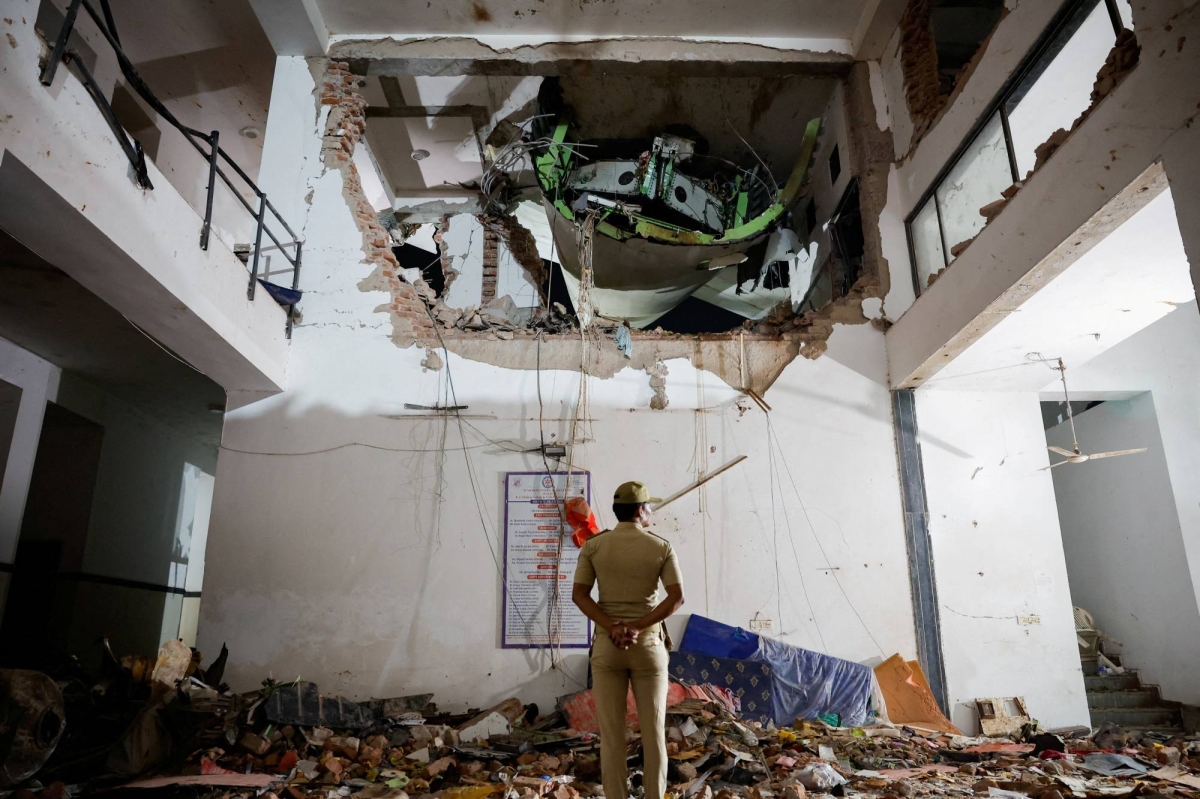Amid Air India probe, U.S. FAA and Boeing say fuel switch locks are safe

The U.S. Supreme Court's decision allows Trump to significantly reduce the Education Department's power, sparking legal battles as states sue over $6B in education funds.

All major sources, one page
Feel the mood behind headlines
Know what’s trending, globally
Get summaries. Save time
6,496
115
204
2 hours ago
Stay sharp in 60 seconds. Get concise summaries of today’s biggest stories — markets, tech, sports, and more
All major sources, one page
Feel the mood behind headlines
Know what’s trending, globally
Get summaries. Save time
6,496
115
204
2 hours ago
Stay sharp in 60 seconds. Get concise summaries of today’s biggest stories — markets, tech, sports, and more